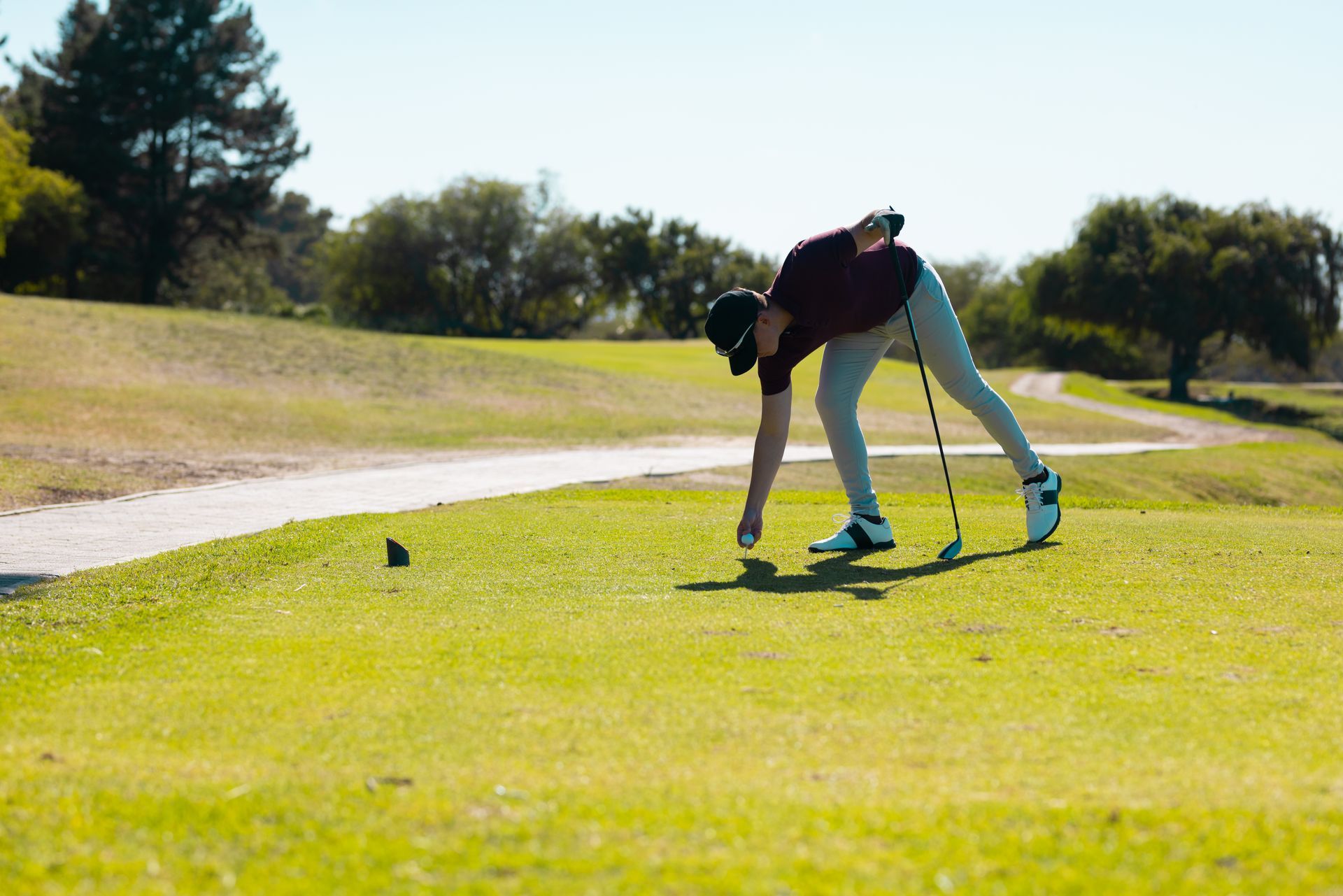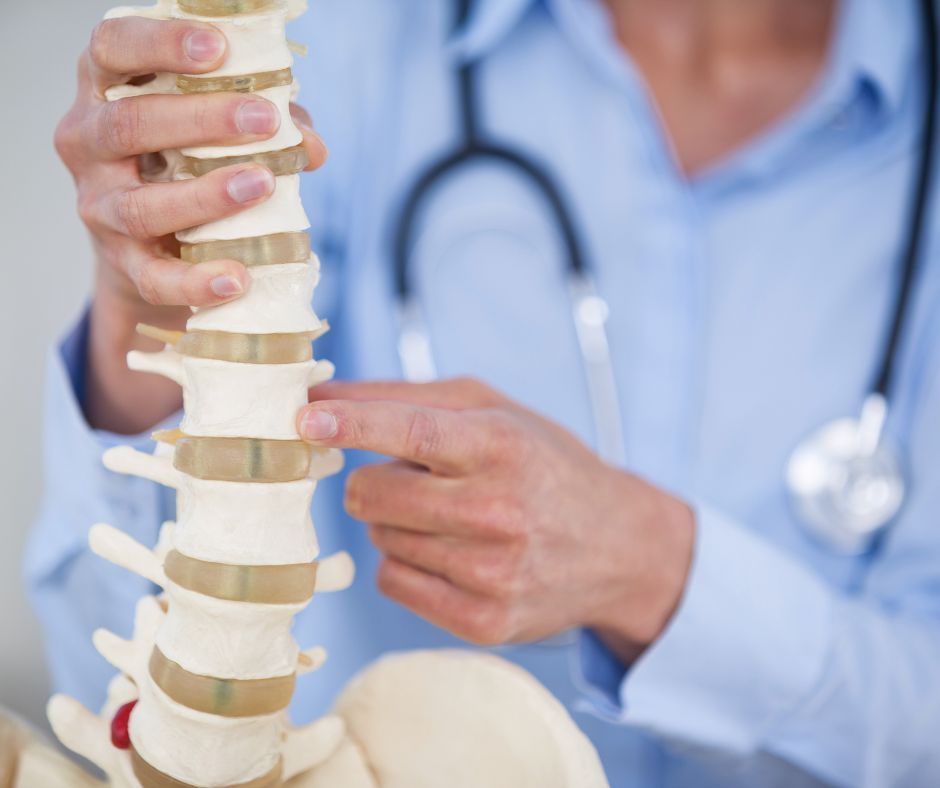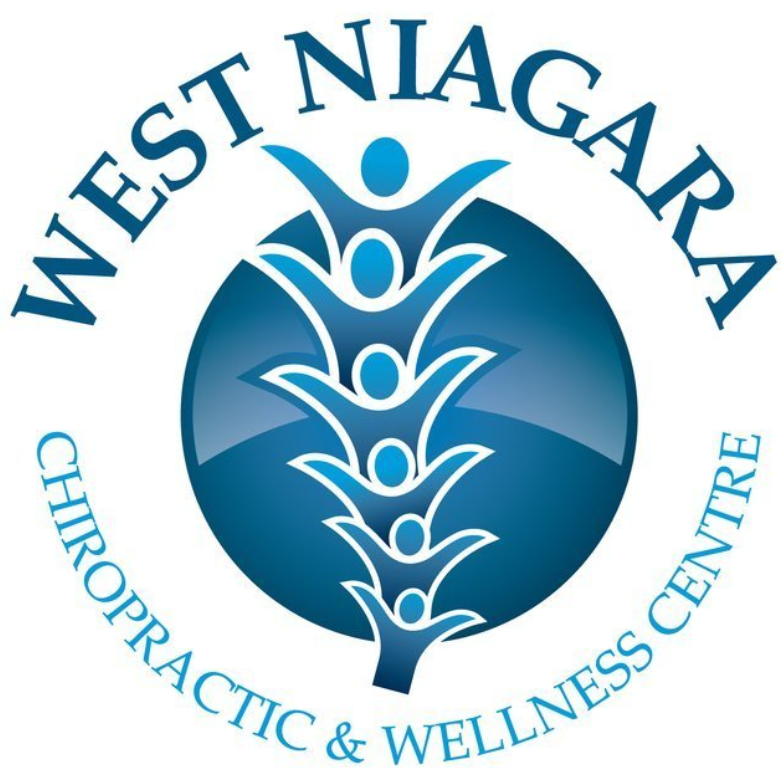What Are Common Golf Injuries and How to Avoid Them
Golf is a sport enjoyed by millions worldwide, celebrated for its mix of leisure, concentration, and technical skill. Despite its reputation as a low-impact activity, golfers frequently experience injuries due to repetitive motion, poor technique, and inadequate preparation. Understanding these injuries and how to prevent them can lead to a better, pain-free golfing experience. Below, we’ll outline some of the most common golf injuries and offer practical strategies to avoid them.

Common Golf Injuries
- Lower Back Pain: Lower back pain is the most frequent complaint among golfers. The golf swing demands intense rotational movement, which places stress on the lumbar spine. Overuse, poor swing mechanics, or insufficient core strength can further aggravate the area, leading to persistent pain or even serious injury.
- Golfer’s Elbow (Medial Epicondylitis): Golfer’s elbow occurs when the tendons in the inner elbow become inflamed due to repetitive stress. This condition often emerges from gripping the club too tightly or using improper swing techniques. Symptoms include tenderness on the inside of the elbow, pain during swings, and weakness in the wrist or forearm.
- Shoulder Injuries: The shoulder joint plays a crucial role in every swing, making it vulnerable to issues like rotator cuff strains, impingement, or even tears. Overuse or lack of flexibility can contribute to shoulder injuries, leading to reduced range of motion and discomfort in daily activities.
- Knee Pain: Golfers rely on stable knee movement during swings for balance and power. Rotational forces on the knees, especially in the lead leg, can cause strain or exacerbate underlying conditions like arthritis. Twisting improperly may also lead to ligament injuries.
- Wrist Strains: Repetitive motion, such as striking the ground during swings or mishits, can put significant stress on the wrist. This may lead to conditions like tendinitis or sprains, which can derail frequent play and lead to persistent discomfort.
- Neck Strain: While less talked about, neck strain is another common issue. Poor posture during setup or repetitive rotation of the spine can cause stiffness and discomfort in the neck area.
- Foot and Ankle Injuries: Walking the course during gameplay or standing in uneven terrain can result in sprains, plantar fasciitis, or tendon strains in the foot and ankle.
How to Prevent Golf Injuries
Playing golf safely and effectively requires attention to preparation, technique, and body mechanics. Here are practical strategies that can help prevent injuries:
- Warm Up Properly: Warming up increases blood flow, improves flexibility, and prepares your muscles for the demands of the game. A good warm-up routine might include light cardio such as brisk walking, followed by golf-specific movements like trunk rotations and hip stretches.
- Stretch Regularly: Flexibility is critical for a smooth and injury-free swing. Incorporate stretches that target key muscle groups used in golf, such as your shoulders, back, hips, and hamstrings. Stretching after play is just as important to reduce stiffness and aid recovery.
- Strengthen Core Muscles: A strong core helps stabilize your body during the swing’s rotational movements, reducing strain on your spine and shoulders. Exercises such as planks, bridges, and rotational twists are excellent for building core strength.
- Practice Proper Technique: Using the right swing mechanics can significantly reduce the risk of injury. Seek guidance from a golf coach to refine your posture, grip, and swing. Pay attention to balance and avoid over-swinging to prevent unnecessary stress on joints and muscles.
- Use the Right Equipment: Ill-fitting or inappropriate equipment can exacerbate injury risks. Invest in clubs tailored to your height and grip preferences, and ensure your footwear provides adequate support and traction.
- Take Breaks: Overuse injuries often occur when players push themselves too hard without giving their bodies sufficient time to recover. Listen to your body, and take breaks when you feel fatigued.
- Stay Hydrated: Dehydration can negatively affect muscle function, which increases the risk of strains and injuries. Bring water to the course and sip regularly to maintain hydration levels.
- Seek Regular Professional Assessments: Routine check-ins with a chiropractor, physiotherapist, or other healthcare professionals can help address minor issues before they develop into serious injuries. They can also provide personalized advice to protect your body.
How West Niagara Chiropractic and Wellness Centre Can Help
If you’re recovering from a golf injury or if you're looking to enhance your physical health to play at your peak, West Niagara Chiropractic and Wellness Centre is here to help. Our team specializes in diagnosing, treating, and preventing musculoskeletal issues, including those caused by golf.
- Comprehensive Assessments: We work closely with you to understand the root cause of your pain, using advanced diagnostic techniques to create a personalized treatment plan.
- Chiropractic Care: Effective for addressing back pain, golfer’s elbow, and more, chiropractic care can help restore alignment, reduce pain, and prevent further injury. Techniques such as spinal adjustments and manual therapy are tailored to your specific needs.
- Rehabilitation Programs: From improving flexibility to rebuilding strength, our rehabilitation programs are designed to address weaknesses and prevent injuries in the future.
- Sports-Specific Advice: We offer practical tips and exercises to improve your swing mechanics, posture, and overall biomechanics, helping you play more effectively while safeguarding your health.
- A Holistic Approach: Your overall well-being is our priority. We take a holistic approach, combining treatment with advice on nutrition, hydration, and proper movement patterns to keep you feeling your best both on and off the course.
Don’t let pain keep you off the green! Whether you’re dealing with an injury or looking to prevent one, we’re here to help you enjoy golf safely and fully.
Golf should be a rewarding experience, not one interrupted by pain or discomfort. By understanding common golf injuries, taking preventive steps, and seeking professional care when necessary, you can keep yourself in the game for years to come. To learn more about how West Niagara Chiropractic and Wellness Centre can support you, contact us today to book an appointment. Your path to pain-free golf starts here!












